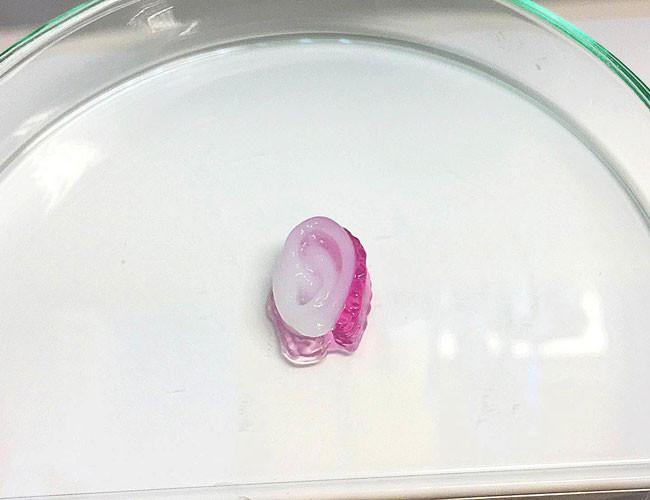
Scientists at AxolotlBiosystems, an Istanbul-based 3D bioprinter company, have developed sensitive high-tech devices that have already been embraced by leading international universities.
The company has sold 11 devices to institutions including Stanford University and Penn State University along with Turkey’s Hacettepe, Marmara, Acıbadem and İstinye universities and İzmir High Technology Institute, founding partner Onur Samet Yıldırım told Hürriyet in a recent interview.
 Bioprinting is an extension of traditional 3D printing and it basically produces living tissue, bone, blood vessels and, potentially, whole organs for use in medical procedures, training and testing.
Bioprinting is an extension of traditional 3D printing and it basically produces living tissue, bone, blood vessels and, potentially, whole organs for use in medical procedures, training and testing.
“The main problem with the technology is the tissue death during the printing process,” Yıldırım said during a test of a nose printing at İstinye University in Istanbul.
He said they have developed a two-syringe system to control heat and avoid tissue death.
“Dual bioprinting enables the building of complex tissues that require simultaneous 3D printing of materials and live tissue,” the company says.
“AxoDual is a 3D bioprinter equipped with dual printheads that enable researches to bioprint two different materials in one model. This enables bioprinting of complex tissues with ease,” it said.
“The distinctive thing about AxolotlBio is sensitivity,” Yıldırım said.
“Normally, the biological material in the syringes are injected manually. However the syringe system that we have developed is designed particularly for the 3D printers,” he said, adding that the crucial phase was the “resolution” of the pressure applied during printing.
